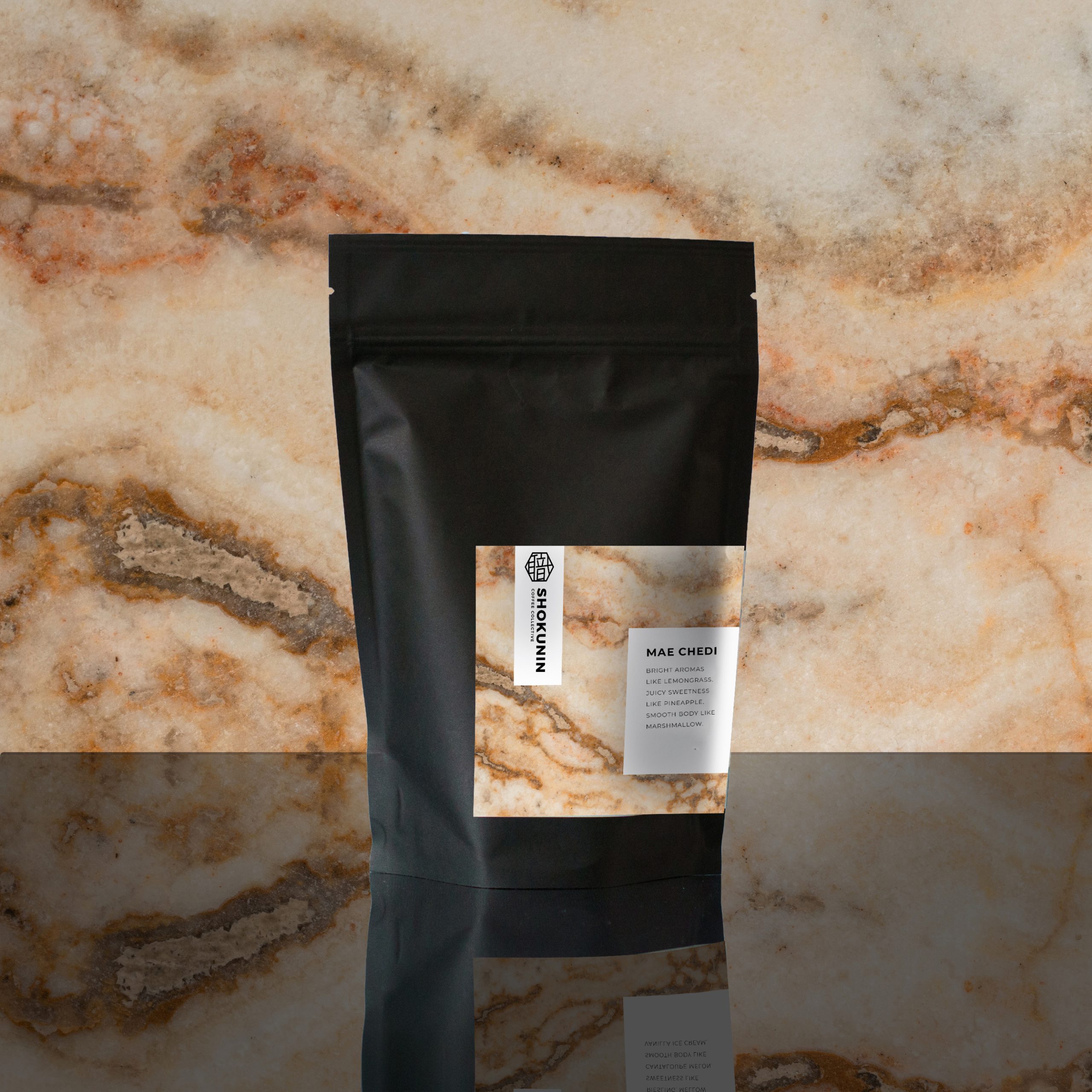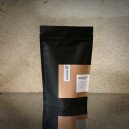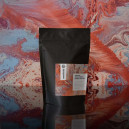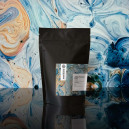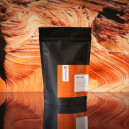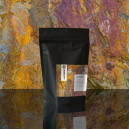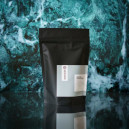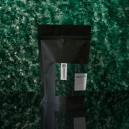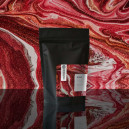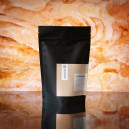Mae Chedi
This coffee is grown in a region where tea was once the dominant crop, and where coffee is now being taken seriously by a new generation of farmers. It comes from a cooperative of nineteen young farmers who are experimenting with modern processing techniques to create unique flavor profiles. Their connection to Fuadi from Beanspire gave us confidence in their work. When we were looking for a new coffee to add to our lineup, we bought a blind sample simply because we trusted Fuadi and knew it would be good.
Region: Mae Chedi, Chiang Rai, Thailand
Altitude: 1,100 m.a.s.l.
Variety: Chiang Mai (local Catimor – SL28 cross)
Processing: Anaerobic natural
Additional information
| Weight | N/A |
|---|---|
| Region | Bensa, Sidama, Ethiopia |
| Altitude | 2,400 m.a.s.l. |
| Variety | 74/158, 74/110 and Setami |
| Processing | 72hr fermentation, dried on raised beds |
| Flavour | Floral aromas like jasmin and passion fruit. Juicy sweetness like peach. Silky body like caramel and earl grey tea. |
Jelle's Notes
What caught my attention with Mae Chedi wasn’t just the flavor, but the way it was processed. Anaerobic coffees are often boozy and intense, but this one is more delicate and authentic. It stays within the boundaries, clearly anaerobic but clean.
What I think is especially interesting about this coffee is its acidity. Even when the brew runs short, it still tastes great. It filters very quickly, and you still get a nice pineapple note. Some of our horeca customers are surprised by how fast it brews, but once they taste it, they love it. So don’t be alarmed if it runs quicker than expected.
Producer
Mae Chedi is traditionally known for its tea plantations, where tea has long been the main cash crop. Coffee was introduced to the area in 1977 as part of a national effort to replace opium production. Today, coffee has become part of the farmers’ livelihoods, though to a lesser degree.
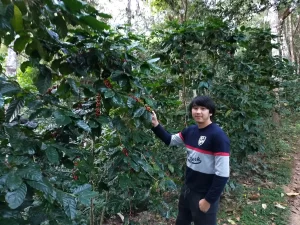 This lot comes from a cooperative led by Watchara Yawirach, age 36, in Mae Chedi, Chiang Rai. The group includes nineteen members, many of whom have backgrounds in tea cultivation. The cooperative is now in its third year of producing specialty coffee and its first year of exporting. Together, they cultivate 3 hectares and maintain 40,000 coffee trees.
This lot comes from a cooperative led by Watchara Yawirach, age 36, in Mae Chedi, Chiang Rai. The group includes nineteen members, many of whom have backgrounds in tea cultivation. The cooperative is now in its third year of producing specialty coffee and its first year of exporting. Together, they cultivate 3 hectares and maintain 40,000 coffee trees.
Before Fuadi and Jane founded Beanspire in 2013, Thai coffee was largely unknown outside the country. At the time, only 1 percent of Thailand’s coffee was exported. Today, that number is closer to 10 percent, and we think Beanspire has played a major role in that shift. Fuadi works closely with hill tribe communities, aiming to build long-term alternatives that offer security and stability. His vision for Thai coffee is clear: improve quality at origin, support younger generations of growers, and create financial solutions that last.
Mae Chedi is a good example of how that vision plays out. This is the third year of collaboration with the villagers, and Beanspire offers guidance on drying and harvesting, but the main role is to purchase dried cherries and select the best lots for roasting.
What makes this coffee so unique is that it comes from 19 different households, each using their own Anaerobic Natural process that takes the same amount of time for fermentation. Every household makes a small batch because they are equipped with deep knowledge on fermentation, stemming from their experience in tea. After the processing, each batch is carefully taste-tested to ensure its quality before blending them all together. Finally, the blended coffee is sent to the mill. It’s a more fragmented approach, but one that reflects deep local knowledge and care.
Beanspire collaborates with the cooperative to experiment with innovative methods, making this one of the finest naturally processed coffees from Thailand.
We bought this coffee through importer This Side Up, who has been working with Beanspire since 2022. 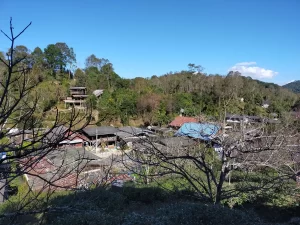
Pricing
Price Breakdown (/kg)
For us, sourcing coffee isn’t just about finding the right flavour, but more about finding the right people. We want to work with importers who are interested in building lasting relationships with the farmers and stay involved beyond the harvest. For this coffee, we’ve partnered with This Side Up. They represent producers directly, support long-term systems, and make sure pricing reflects the real work behind each lot. Their model is built on transparency, shared ownership, and a refusal to let commodity pricing define value. We pay more, but we know where it goes. That’s how we prefer to source our coffee.
€16.48
How is this built up?
€10.71
The farm gate price includes the payment to farmers for the coffee, wet milling, and margin.
€2.30
Beanspire collaborates with producers to mill their coffee, coordinate local freight from farm to port, and manage export paperwork, marketing and sales. The price break down also includes the cost of these services along with Beanspire’s profit margin.
€0.88
€1.65
€0.06
€1.65

